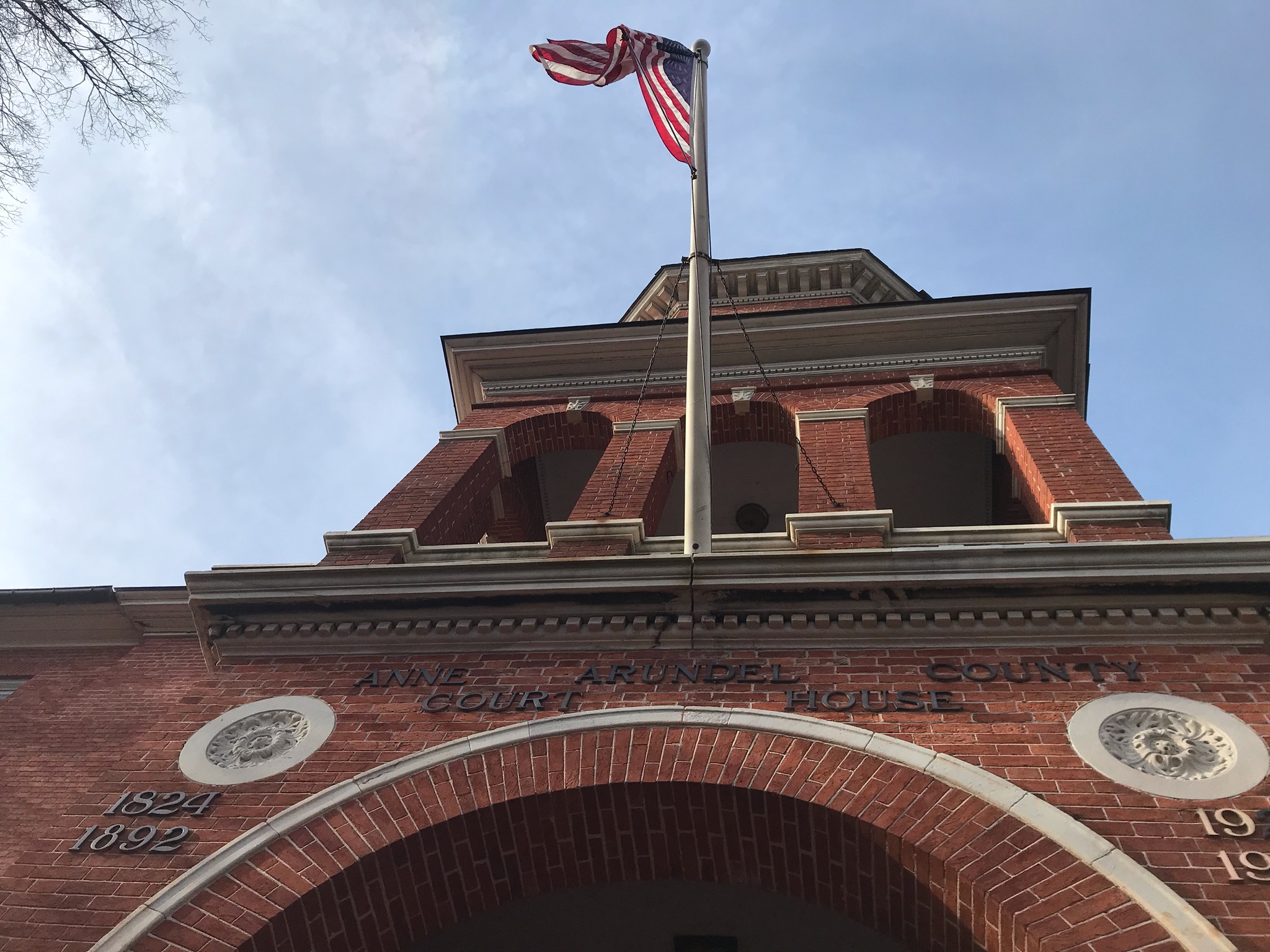ANNAPOLIS, Md. — Records that detail how prosecutors sought to set up interviews with jail employees for a psychiatric evaluation of the man who murdered five Capital Gazette employees must be shared with defense attorneys, a judge ruled Thursday.
Anne Arundel County Circuit Court Judge Laura Ripken ruled during a motions hearing that the Anne Arundel County Detention Center must comply with a subpoena to produce the documents, despite an argument by State’s Attorney Anne Colt Leitess that the communication was work product and not relevant to the case.
Gerald Fischman, Rob Hiaasen, John McNamara, Rebecca Smith and Wendi Winters were fatally shot nearly two years ago in the Capital Gazette’s Annapolis, Maryland, newsroom.
Jarrod Ramos, 40, of Laurel, Maryland, pleaded guilty to the murders on Oct. 28. Ramos pleaded that he was not criminally responsible for his actions — the state’s equivalent of the insanity plea. A trial to determine his sanity is scheduled for early June.
The communication disclosure includes emails between the prosecutors and the detention center regarding the facilitation of interviews for a prosecution evaluation of Ramos’s mental state by Dr. Gregory Saathoff, who was denied access to the defendant himself.
The evaluation, which concluded that Ramos was criminally responsible at the time of the June 28, 2018, murders, included interviews with 35 people associated with the detention center, according to court documents.
Defense lawyers sought to obtain the communications, with Elizabeth Palan, a public defender, arguing that the communication should not be shielded.
Leitess said in court that the methods prosecutors used to facilitate Saathoff’s evaluation had no relevance to whether Ramos was criminally responsible during the killings and argued that the defense was simply looking to poke holes in Saathoff’s potential testimony.
“It is not enough to go on a fishing expedition,” Leitess said. “They must make a threshold that they need this.”
While Leitess argued that the communication could provide a glimpse into the prosecution’s strategy and was not relevant to whether Ramos was criminally responsible, Palan said the state already knew what was contained within that communication.
“Certainly they know what those communications were,” Palan said. “We don’t.”
The defense appears to be seeking to block Saathoff from testifying later in the case. It’s still uncertain whether Saathoff’s evaluation or testimony will be allowed in court.
A hearing scheduled for March 25 is expected to focus on the legality of Saathoff’s Oct. 21 visit to the detention center, in which he observed Ramos’ cell and included those observations in his evaluation.
In a motion to suppress the evaluation and testimony of Saathoff dated Feb. 4, the defense argued that Ramos is a pre-trial detainee and not a prisoner, and thus protected against unlawful search and seizure.
In addition to blocking Saathoff’s testimony, Ramos’ defense team also filed a motion to limit the introduction of other evidence and testimony.
In a Feb. 4 filing, the defense is contesting any comparison or contrast of the mental wellness of their client to that of other inmates, mass shooters or those who have hiked the Appalachian Trail, as court documents suggest Ramos did.
That motion is expected to be heard once the court rules on the legality of Saathoff’s testimony.
After Ripken’s ruling, Jay Creech, counsel for the detention center, provided copies of the written communication, which, according to court arguments, included emailed requests to interview staff.
After a recess, the defense asked the state to produce documents that recreated the substance of oral communications not included in the packets submitted by Creech.
As one example, Palan mentioned a request sent by the state to interview three detention center employees. After one of those employees declined the initial interview request, they later reversed their decision and met with Saathoff with a lawyer present.
Leitess said the defense was looking for a “smoking gun” that wasn’t there.
Ripken denied that motion, ruling that she was not convinced the state was holding back any additional evidence.

